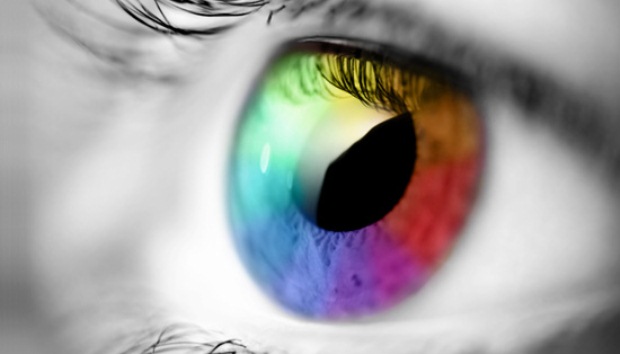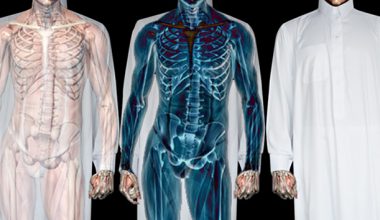Keep your eyes in check against the desert climate. Read more…
Our eyes are something we rely on, but like all major organs in our body they need extra special care, especially in the desert where we are exposed to dust, bright sunlight and intense heat. Here’s our guide to help you keep your eyes sparkling with health in our desert’s climate.

1. AVOID THE SUN
There is increasing evidence that excessive exposure to sunlight is associated with macular degeneration. Wearing a cap is as good as donning a pair of dark glasses, but the really important people to protect are children. Their pupils are bigger so more light enters and they tend to run around outside more than adults do. Dr Canning, Medical Director at Moorfields Eye Hospital in Dubai, explains: “It’s estimated that seventy per cent of your total exposure to light occurs during childhood so you must encourage your children to wear a cap or a pair of sunglasses.” So keeping the little one’s eyes safe must be on every parent’s agenda.
2. KEEP ALLERGIES AT BAY
Allergic conjunctivitis is one of the biggest eye complaints in hot countries due to high temperatures and constant sunlight. If the conjunctiva, a thin layer of cells covering the white area of the eye, becomes irritated by an allergen it can become inflamed. Dr Chris Canning, explains: “It’s a typical syndrome of a hot climate partly caused by temperature; partly dust and partly the amount of sunlight people are exposed to. The constant movement between air conditioning and the outdoors and the subsequent change in temperature also has an effect.”
Symptoms include reddening of the eyes, sensitivity to light, itchy and watery eyes, blurred vision, swollen eyelids and a burning sensation. For mild cases, lubricating drops will moisten the eyes and reduce symptoms. The patient may also be advised to stop wearing contact lenses, as the lenses could be the irritants.
3. WATCH THE SAND
While the eye socket and the eyelid are designed to protect the eye, they cannot stop everything getting in and scratches are most often caused by dust or grit. Especially in Gulf countries the biggest eye-hazard is sand.
Dr Huda Radhi, Specialist Ophthalmologist, Atlanta Vision Clinic, Dubai, says: “We see many patients with sand in their eyes and it causes a lot of damage. If you rub your eye, the sand can remove the skin causing a corneal abrasion.”
If you have injured the cornea by scratching it, you may experience blurred vision, pain and sensitivity to light. Anything stuck inside the eye can cause pain, swelling and red, watery eyes. Foreign bodies such as sand can be removed in hospital with a metal implement or by rinsing the eye. You may be prescribed eye drops to prevent infection and superficial injuries should heal within 72 hours.
4. CATARACT ALERT
Cataracts are cloudy patches in the lens of the eye and can affect one or both eyes. The lens should be clear to allow light to pass through to the back of the eye to help you see sharp images but if the lens gets cloudy, your vision gets cloudy. Although the primary cause is age, it can occur earlier in hotter climates, because overexposure to sunlight is one of the biggest risk factors. Wear wraparound sunglasses and a hat with a brim to help keep the disease at bay. So always do remember cataracts develop slowly over time so sufferers may not notice at first so protecting your eyes now could save you at a later date.
5. SLEEP
Living and working in hot climates can be irritating and very draining so make sure you get plenty of rest, because someone who is sleep-deprived has a weakened immune system making them more susceptible to illnesses such as obesity, heart disease and diabetes, which all have implications for the eyes.
And if you’re sleep deprived, your eyes will announce it to the world thanks to sagging eyelids, puffiness and dark circles. Before hitting the sack, treat tired eyes with the tried and tested home remedy – cucumber. Place cool, thin slices over the eyes for 15 minutes and the area around the eye will instantly feel soothed and refreshed.
– Alice Haine







